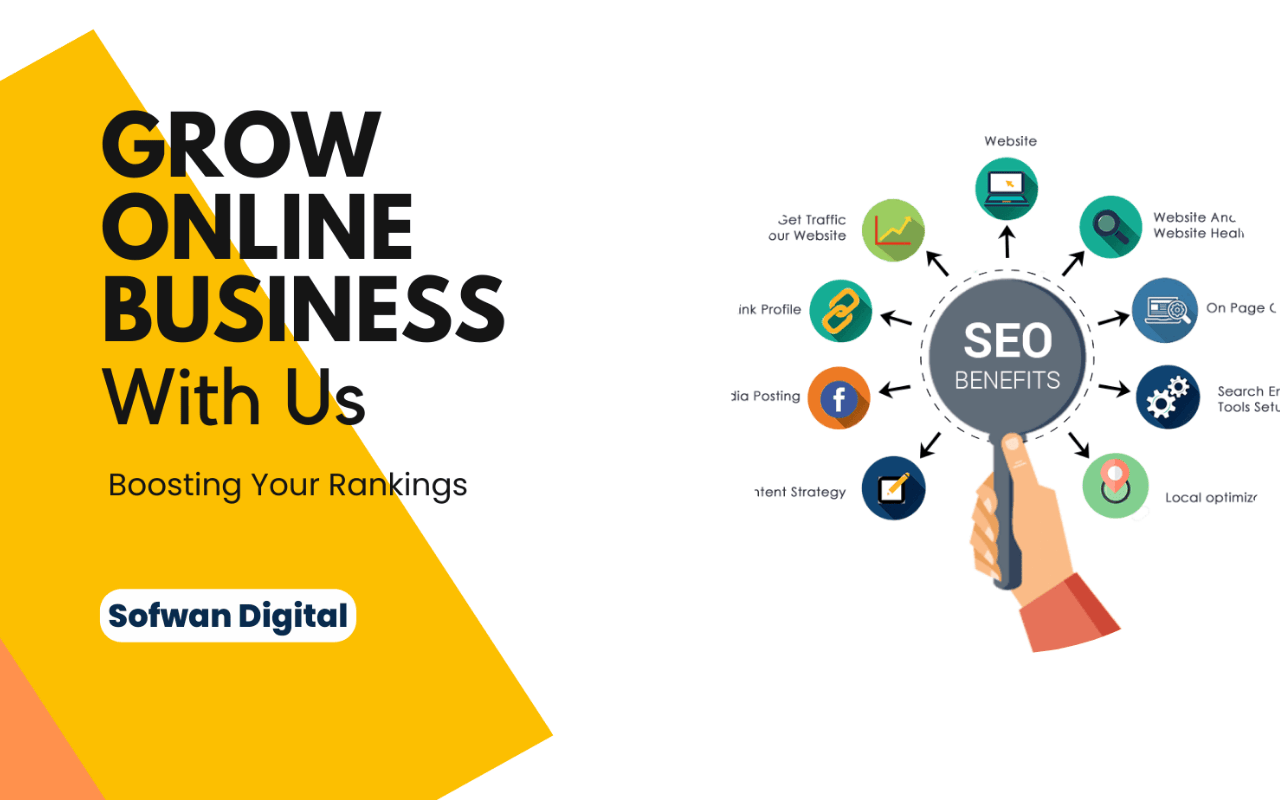In today’s digital age, having a strong online presence is essential for businesses and individuals alike. But how do you ensure your website stands out in a sea of competitors? The answer lies in the power of SEO (Search Engine Optimization).
This guide will help you understand the fundamentals of SEO, why it’s important, and how you can leverage it to achieve your online goals.
In today’s fast-paced digital world, having a robust online presence is not just an advantage—it’s a necessity. Whether you’re a startup or a well-established business, expert digital marketing solutions can help you connect with your target audience, enhance your brand visibility, and drive significant results
What is SEO?
SEO, or Search Engine Optimization, is the process of optimizing your website to rank higher in search engine results pages (SERPs). By improving your site’s visibility, SEO helps attract more organic traffic — visitors who find your website through search engines like Google.
Why is SEO Important?
- Increased Website Traffic: Higher rankings on SERPs mean more clicks and visits to your website.
- Improved Credibility: Websites that rank higher are perceived as more trustworthy.
- Cost-Effective Marketing: Unlike paid ads, organic traffic generated through SEO doesn’t require continuous investment.
- Better User Experience: SEO practices improve site usability, benefiting both visitors and search engines.
Key Components of SEO
1. On-Page SEO
On-page SEO focuses on optimizing individual web pages to rank higher and earn relevant traffic. Key elements include:
- Keywords: Incorporate primary and LSI keywords (e.g., “SEO strategies,” “website optimization”) naturally into your content.
- Meta Tags: Write compelling meta titles and descriptions.
- Content Quality: Ensure your content is informative, engaging, and valuable to your audience.
- URL Structure: Use clean and descriptive URLs.
- Internal Linking: Connect your content with relevant internal pages.
2. Off-Page SEO
Off-page SEO involves activities outside your website to improve its authority and reputation, such as:
- Backlink Building: Earn high-quality links from reputable sites.
- Social Media Marketing: Drive traffic through social platforms.
- Guest Blogging: Publish articles on other sites to build your online presence.
3. Technical SEO
Technical SEO ensures your site meets the technical requirements of search engines. Key aspects include:
- Site Speed: Optimize loading times for better user experience.
- Mobile-Friendliness: Ensure your site is responsive on all devices.
- Secure Website (HTTPS): Protect user data with SSL certificates.
- Crawlability and Indexing: Make it easy for search engines to crawl and index your site.
How to Get Started with SEO
1. Perform Keyword Research
Use tools like Google Keyword Planner or Ahrefs to find keywords relevant to your niche. Focus on long-tail keywords for easier ranking.
2. Optimize Your Website
Implement on-page SEO techniques, including optimizing meta tags, headings, and content structure.
3. Create High-Quality Content
Regularly publish content that addresses your audience’s pain points, answers their questions, and provides actionable insights.
4. Build Backlinks
Earn backlinks through outreach, collaborations, and creating share-worthy content.
5. Monitor and Adjust
Use analytics tools like Google Analytics and Google Search Console to track your progress and adjust strategies as needed.
Common SEO Mistakes to Avoid
- Keyword Stuffing: Overloading your content with keywords can harm rankings.
- Ignoring Mobile Optimization: With most searches happening on mobile, a responsive design is crucial.
- Overlooking Analytics: Failing to analyze data can result in missed opportunities.
- Not Updating Content: Outdated content can hurt your site’s relevance.
The Future of SEO
SEO is constantly evolving with changes in algorithms and user behavior. Emerging trends include:
- Voice Search Optimization: Adapting content for voice-activated devices.
- AI-Driven Insights: Leveraging tools like ChatGPT for keyword research and content ideas.
- Focus on User Intent: Understanding the “why” behind search queries to deliver better solutions.
Conclusion
Unveiling the power of SEO is a game-changer for anyone looking to grow their online presence. By mastering SEO strategies, you can drive traffic, increase visibility, and build a credible digital footprint.
Start small, focus on consistent efforts, and watch as your website climbs the ranks. With patience and persistence, the power of SEO will unlock endless opportunities for growth.



